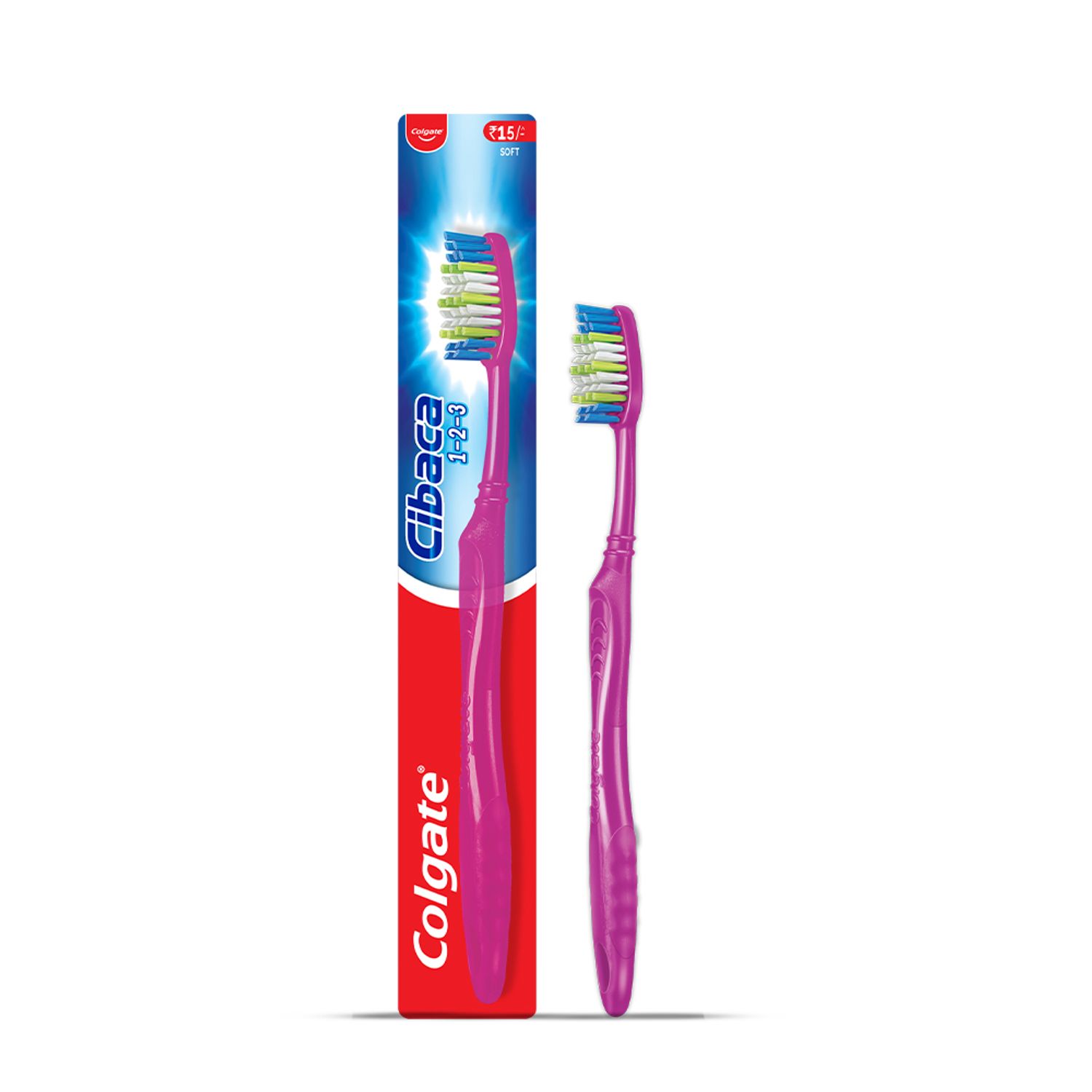Why should we brush our teeth?
Brushing Twice a day reduces the risk of cavities by 50%
Germs are one of the fastest growing microorganisms. While you brush your teeth in the morning, by night time the germs have had the time to grow back. Brushing teeth at night helps remove these germs and helps reduce chances of cavities by as much as 50%
Brushing twice a day removes food particles / stains
Certain foods get stuck to your teeth and certain foods or drinks can leave stains on the enamel.. Brushing teeth twice a day with an effective toothpaste prevents cleans these food particles and helps remove stains
Brushing twice a day prevents bad breath
Do you know the origins of bad breath? It's primarily caused by germs feeding on your teeth and the tiny food particles trapped in them. Brushing teeth twice a day helps avoid this process, thereby preventing bad breath.
Why is it Important To Brush Your Teeth Twice a Day?
Brushing plays a role in removing food and plaque from your dental surfaces. Based on the latest global oral health assessment, it appears that a majority of Indians do not practise the habit of brushing their teeth twice daily which is not the case in other Asian countries such as Japan & China . To make matters worse, a significant number of Indians have a preference for sweet foods, leading to high consumption of sugary items.
While brushing once a day is certainly better than neglecting it altogether, it falls short of the ideal practice for maintaining a healthy mouth. You can effectively eliminate harmful germs by brushing your teeth twice a day.
Is there a difference between brushing once or twice a day?
When you brush only once daily, you allow food particles to accumulate in your mouth, staying there for roughly 24 hours until your next brushing. Essentially, you're letting germs linger in your mouth throughout the night which can lead to many dental issues.
How frequently should you brush your teeth?
To truly ensure the health of your teeth and gums, it is recommended to brush your teeth twice a day, dedicating two minutes each time to this routine. Applying more pressure to your brushing doesn't reduce the time – the time limit is in place to ensure that you adequately clean each tooth. Furthermore, flossing is just as vital as knowing how to clean your teeth.
To further protect your teeth, avoid brushing them immediately after eating or drinking acidic foods. The acid in them has the potential to soften the enamel. Brushing your teeth too soon after eating or drinking something sour will wear away the enamel. Hence, it is better to brush after an hour.
Tips to maintain good dental hygiene
Besides brushing teeth twice a day, following these steps also helps you maintain good oral hygiene.
- Use the proper brushing technique - Hold your brush 45 degrees. Brush the gumline to remove any trapped plaque or food debris.
- Use the right type of toothbrush - IDA suggests using a toothbrush with soft bristles to remove plaque and food particles.
- Use a suitable toothpaste - Different kinds of toothpaste are accessible to cater to age and oral care needs such as combatting cavities, teeth whitening or sensitivity.
- Floss at least once a day - Flossing once a day besides brushing your teeth is also essential in removing particles that might get stuck between gums and teeth.
- Drink plenty of water - Keeping yourself hydrated is essential for maintaining fantastic oral health.
- It is also ideal to clean your tongue to freshen your breath.
Remember to adopt this healthy habit of Brushing twice, every morning and night. By caring for your teeth, you can ensure a healthy and beautiful smile for years to come.
This article is intended to promote understanding of and knowledge about general oral health topics. It is not intended to be a substitute for professional advice, diagnosis or treatment. Always seek the advice of your dentist or other qualified healthcare provider with any questions you may have regarding a medical condition or treatment.
ORAL HEALTH QUIZ
What's behind your smile?
Take our Oral Health assessment to get the most from your oral care routine
ORAL HEALTH QUIZ
What's behind your smile?
Take our Oral Health assessment to get the most from your oral care routine













